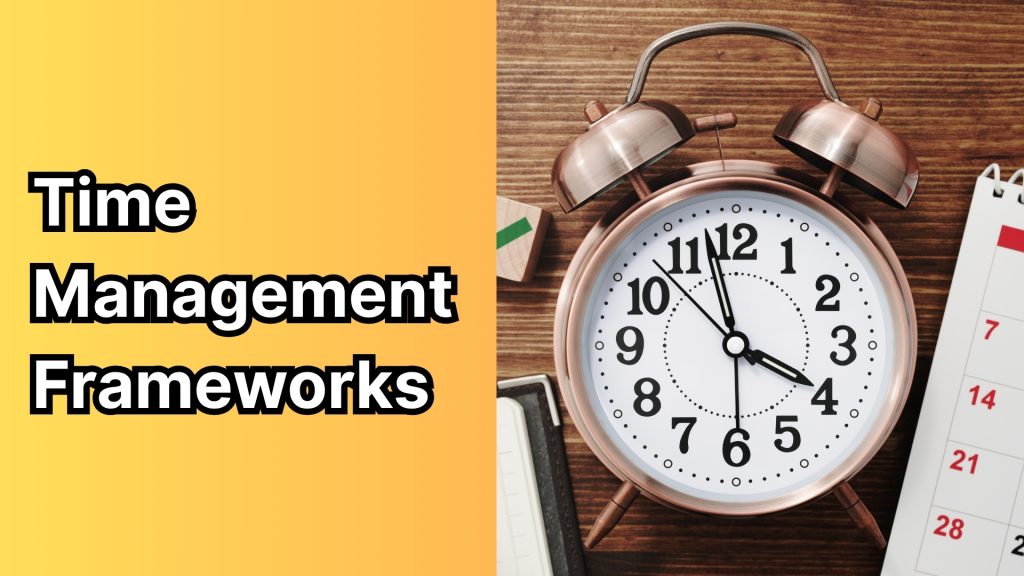Embracing failure might sound strange at first. In a world where we all celebrate success and often look down on failure, the idea of welcoming failure can feel pretty intimidating. But believe me, adopting this mindset can be a powerful catalyst for your personal and professional growth.
As a seasoned entrepreneur in his 40s, I’ve made more failures than most people have made attempts. While some of this failure was downright embarrassing, all it takes is “one home run” to make it all worth it, as Mark Cuban says.
When you see failure as an opportunity instead of a hurdle, it turns into a stepping stone towards success. It lets you learn important lessons, build resilience, and develop a growth mindset that’s essential for tackling the challenges life and business throw your way.
By embracing failure, you’re not running away from it or being afraid of it; instead, you’re using it as a tool to make smarter decisions, innovate, and gain a deeper understanding of yourself and what you’re capable of. In this article, we’ll dive into why embracing failure is essential for building a stronger, more resilient you.
1. You Learn MORE from Failure than Success
Embracing failure plays a key role in speeding up the learning process. When you see failures as opportunities to learn, you open yourself up to a wealth of knowledge and experience that you might otherwise miss.
Learning from mistakes helps you improve your problem-solving skills because it forces you to dig into the root cause of the failure and come up with strategies to avoid similar mistakes in the future. This approach fosters a growth mindset, where setbacks are seen as temporary and as chances to gain valuable insights. Trial-and-error is a necessary part to crafting your “perfect” time management framework and daily routine.
By embracing failure, you encourage a culture of experimentation and exploration, where trying new approaches and learning from the outcomes becomes the norm. This proactive learning environment helps individuals and teams adapt quickly and make informed decisions, leading to faster and more effective learning.
2. Builds Resilience
Embracing failure is a key step in building resilience, a vital part of both personal and professional growth. Resilience is all about being able to adapt to adversity, trauma, or significant stress and to “bounce back” from tough experiences.
When you view failure as a chance to learn and grow, you start to develop the resilience needed to handle life’s challenges. This means dealing with failure in a positive way, learning from your mistakes, and using those lessons to improve your future efforts.
By doing this, you boost your ability to handle setbacks and come out stronger each time you face adversity.
Resilience isn’t something you’re just born with; it’s something you can develop over time through practice and experience. Embracing failure helps you build this resilience by teaching you how to manage stress, overcome obstacles, and stay focused on your long-term goals despite short-term setbacks.
This process of learning from failures and using them as stepping stones for growth fosters a mindset that’s better equipped to deal with future challenges.
3. Failure = Growth
Another major benefit of embracing failure is that it helps you develop grit. Grit, as psychologist Angela Duckworth defines it, is “the combination of passion and perseverance for long-term goals, even when faced with obstacles, setbacks, or failures.”
Think about working out, for example. Do your muscles grow unless you’re stressing them and pushing towards failure? No, you have to tear them down so they can rebuild stronger.
When you embrace failure, you cultivate a growth mindset that sees failures as chances to grow and learn. This mindset is essential for developing grit because it helps you persevere through hard times and keep your eye on your goals.
Grit involves having a clear sense of purpose, staying focused and determined, and showing resilience in pursuing your passions and ambitions. By embracing failure, you build the tenacity and integrity needed to stay committed to your goals, even when things get tough.
This unwavering dedication and willingness to push through difficulties are what make gritty individuals more likely to achieve their long-term goals.
4. Failure Leads to Creative Solutions
Embracing failure is also a powerful driver for innovation. When the fear of failure is reduced, people are more likely to think outside the box and explore unconventional solutions.
Failure often leads to creative problem-solving because it forces you to find new and innovative ways to overcome obstacles. This mindset encourages experimentation and taking risks, which are essential for the innovation process.
In a culture that embraces failure, leaders and team members are more willing to take calculated risks and try out new ideas, knowing that failures are just part of the learning and innovation cycle. This freedom to fail allows for the development of unique solutions and approaches that might not have been discovered otherwise.
By embracing failure, you create an environment that fosters innovation, where mistakes are seen as stepping stones to breakthroughs rather than as barriers to success.
5. Increases Emotional Intelligence and Empathy
Embracing failure is closely tied to developing emotional intelligence (EI), which is essential for both personal and professional growth. Emotional intelligence involves the ability to understand, recognize, and manage your own emotions, as well as being attuned to the emotions of others.
When you embrace failure, you’re more likely to develop components of EI, such as self-regulation, motivation, empathy, and social skills. By learning from failures, you become better at managing your emotional responses to setbacks.
This helps reduce defensiveness and blame-shifting and instead fosters a culture of accountability and constructive communication. People with high EI are better at handling change and uncertainty, which are inevitable in both life and business. This ability to navigate emotional landscapes effectively boosts teamwork, morale, and overall performance.
6. Boosts Self-Awareness
Embracing failure also significantly enhances self-awareness, a key part of emotional intelligence. Self-awareness means understanding your own emotions, strengths, weaknesses, and motivations. When you see failures as opportunities to grow, you’re encouraged to reflect on your actions and decisions, leading to a deeper understanding of yourself.
This reflective process helps you identify your personal strengths and weaknesses, allowing you to make more informed decisions and set realistic goals. Self-aware individuals are better at managing their emotions, which in turn improves their ability to handle stress, frustration, and other negative emotions that might come from failures.
This increased self-awareness also promotes a growth mindset, where you see failures not as personal shortcomings but as temporary setbacks that can be overcome through learning and improvement.
7. Failure Keeps you Humble!
At the end of the day, we’re all human. We all stumble, we all make mistakes.
One entrepreneur trap when things are going well is that you can become prideful, and then complacent.
I’ve been there. One moment, you’re on top of the world. The next, you’re back to square one.
Life has a funny way of humbling you, no matter how good you think you are.
So, remember to stay humble and always keep the perspective of where you came from.
Conclusion
In conclusion, embracing failure is a transformative approach that can significantly boost your personal and professional growth. By acknowledging and learning from your mistakes, you build resilience, grit, and a growth mindset.
This mindset allows you to take risks, innovate, and develop emotional intelligence and self-awareness. Remember, failure isn’t the end—it’s a stepping stone to success. It offers valuable lessons, fosters innovation, and builds the mental toughness needed to persevere through challenges.
So, start embracing failure today—it will help you grow, learn, and achieve greater success and happiness in all areas of your life.
Read Next
10 Ways to Improve Yourself as a Man Every Day

Time Management Frameworks: Improve Productivity Now

5 Tips for Better Time Management in 2025








